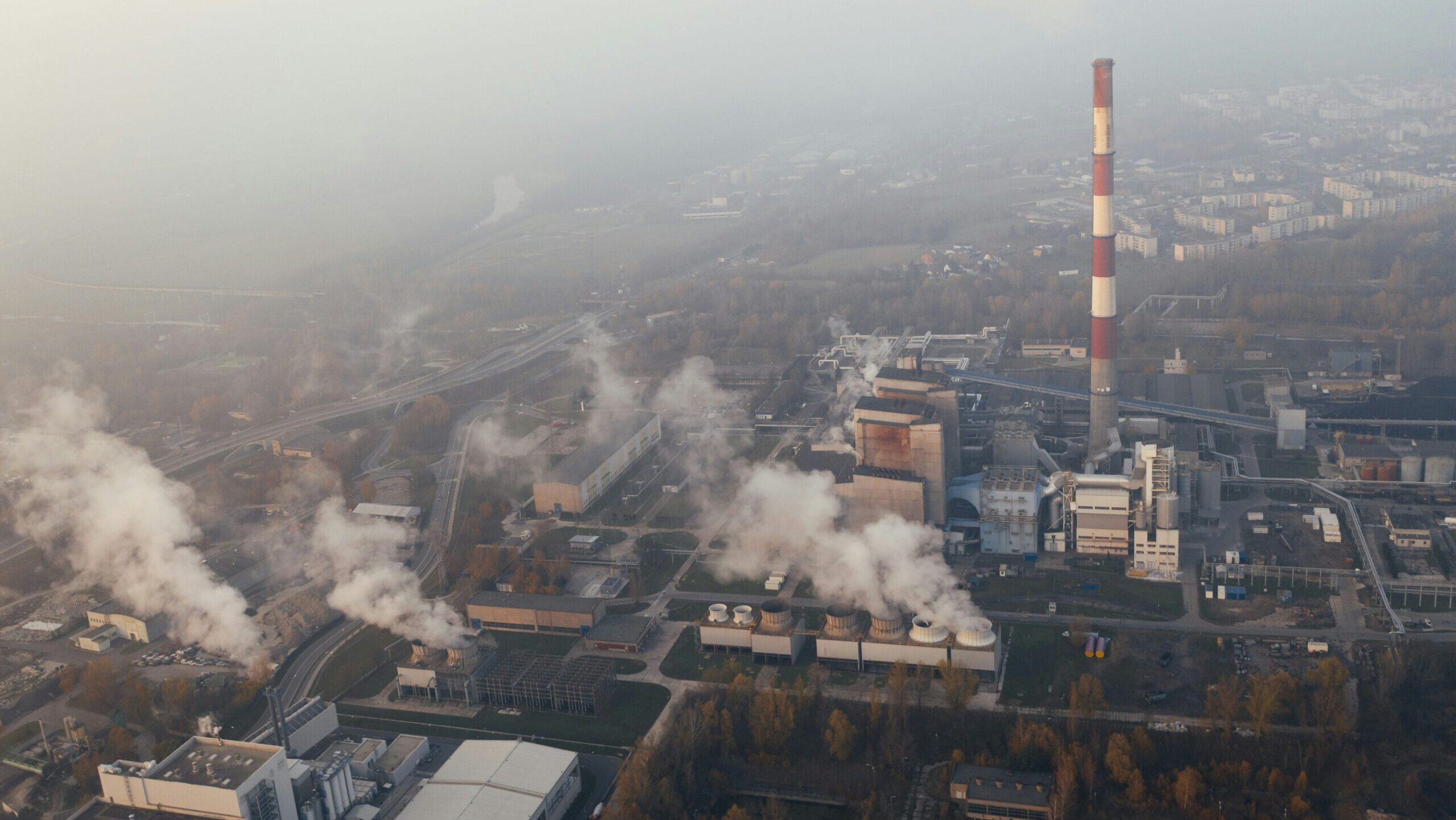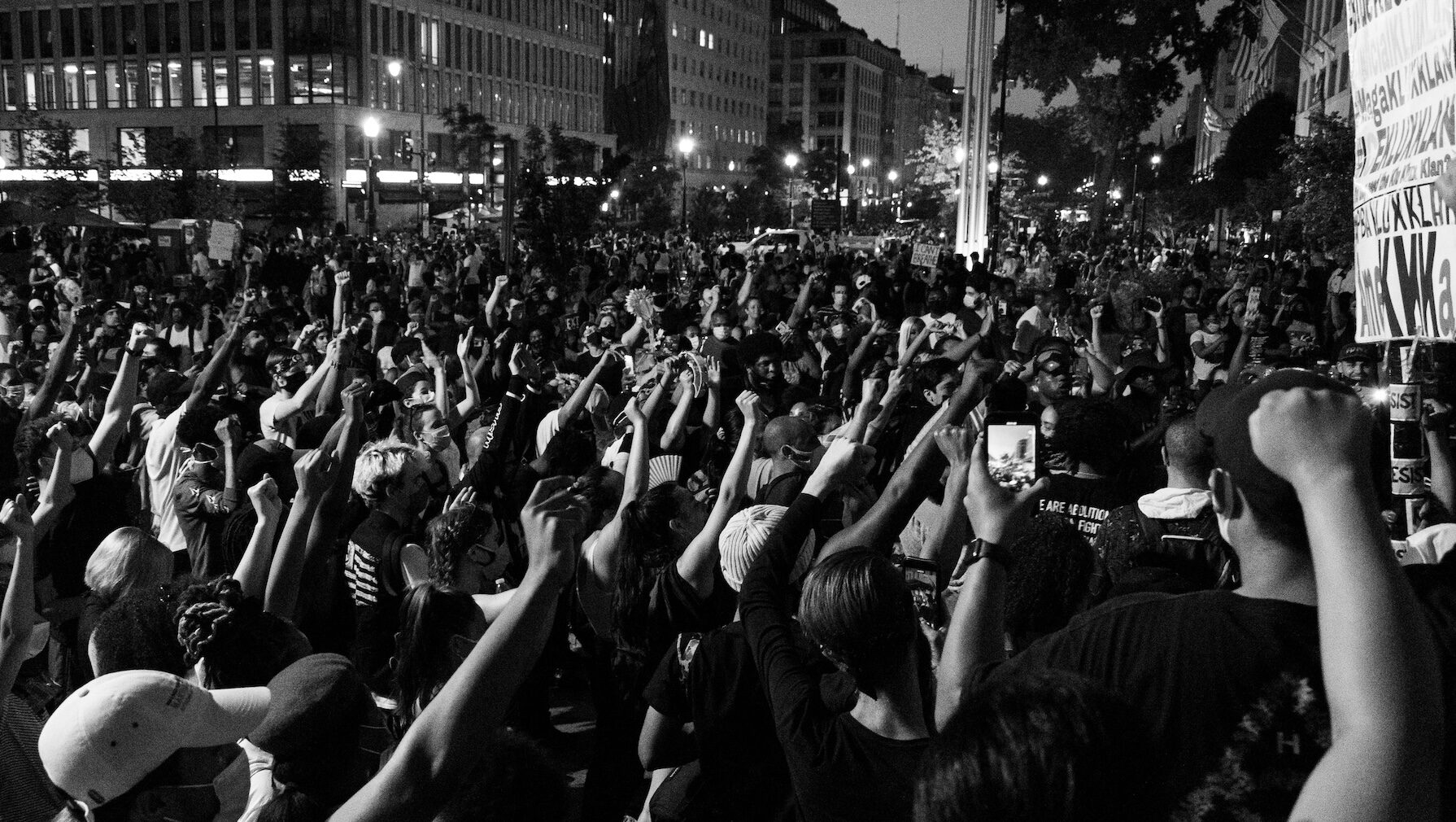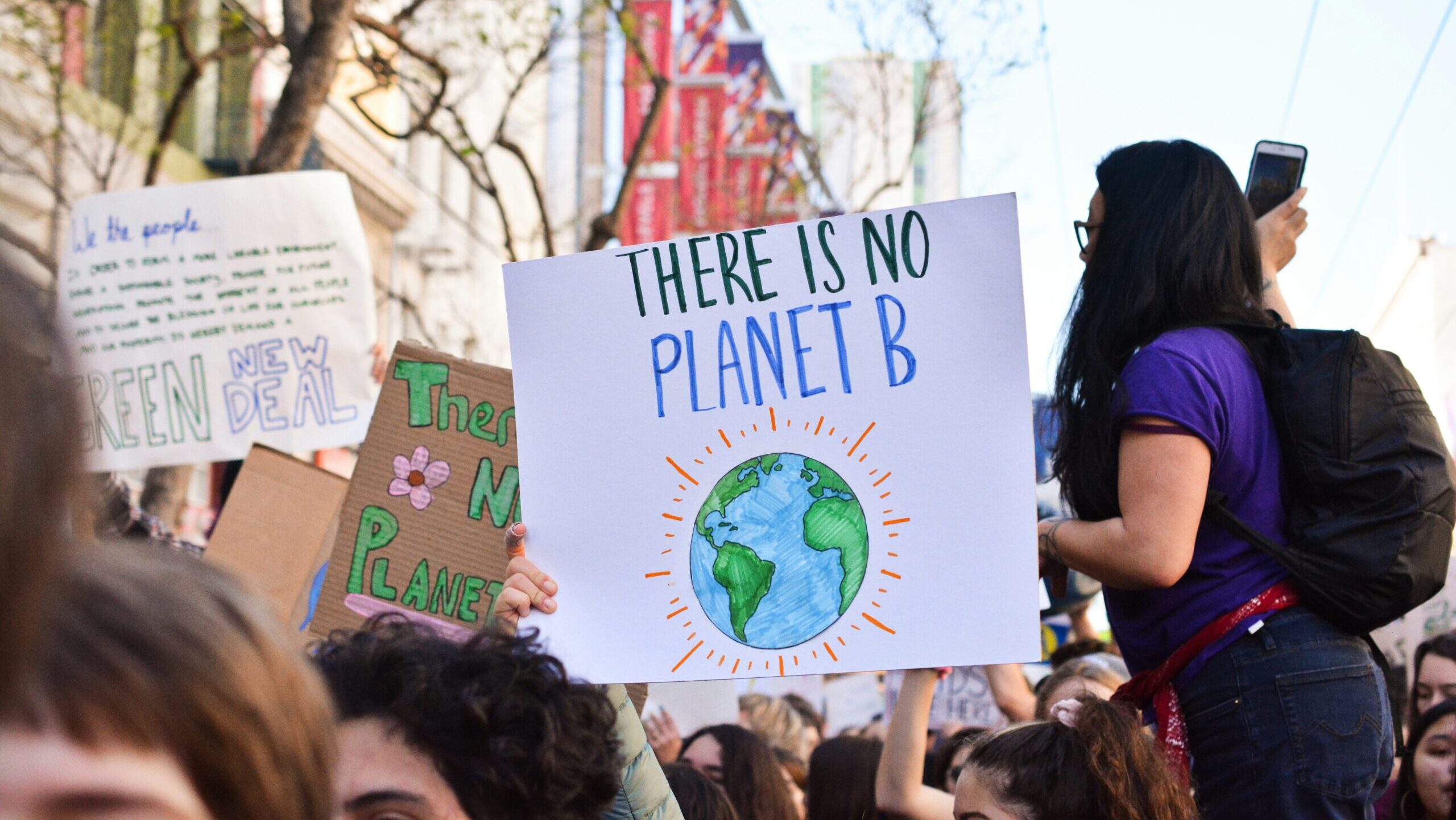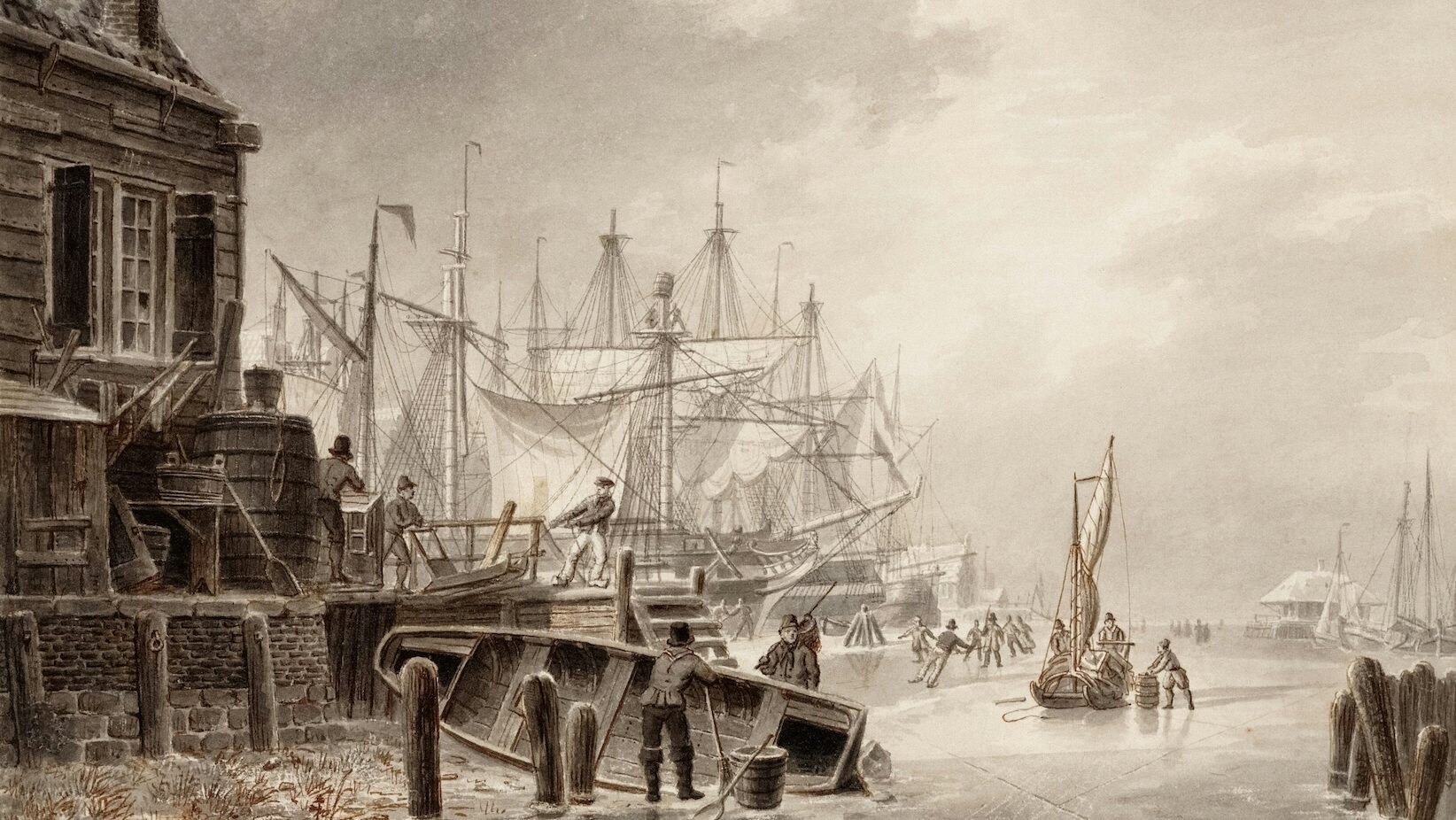Culture and Ideas
-

Review: The Making of Public Space by Luc Boltanski and Arnaud Esquerre
|
The book inquires into how certain events come to be politicised in contemporary liberal democracies by focusing on the individual and their experience of the public sphere.
-

Home Is Where the Trauma Is: Artistic Explorations of Generational Trauma
|
Questions of German identity and the memories of the Holocaust intersect in Spiegelman’s Maus.
-

Reappraising a controversial figure: Ross Carroll’s Edmund Burke
|
The book explores the complexities of a figure who was very much a man of his time, whilst also being out of fit with it in a number of ways.
-

Towards a Narrative of the Global Environment
|
Building a more sustainable society depends on upending how we talk about nature.
-

The Political Consequences of the Politicians Who Cried Looter
|
When lies and gross exaggerations are allowed to flourish there can be devastating consequences, particularly amid crisis.
-

Constructing National Narratives: The Tin Drum as Ironic History
|
The far-right has soured on Germany’s self-critical view of its history in place since the end of the Second World War.
-

The Politics of Climate Fiction: Why We Don’t Talk About What Is Killing the Planet
|
Plenty of post-apocalyptic climate fictions are quiet are the cause of disaster. This oversight has real-life consequences for our planet’s future.
-

Aesthetic Engagement and the Politics of Affiliation: The Case of Allusion in Autumn
|
Does literature intrinsically have any political and ethical import? Not directly, but it can help inspire political action.
-

Review: Globalisation and the Importation of Literature in Jameson’s Inventions of a Present
|
The globalisation of literature merely marks a new type of narrative consumption, where novelists become goods rather than goods-producers.
-

The First Jewish Republic: Yiddish Literature and Jewish Politics
|
A prescient observer of Jewish politics in his day, Sholem Aleichem and his work hold much insight into present Jewish political, social, and cultural life.
